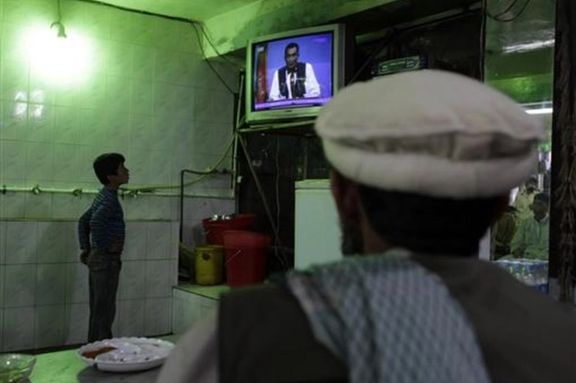Taliban Restrictions Cast Shadow Over World Television Day in Afghanistan

As the world marks World Television Day on, the Taliban’s leader, Hibatullah Akhundzada, continues efforts to curb visual media in Afghanistan.

As the world marks World Television Day on, the Taliban’s leader, Hibatullah Akhundzada, continues efforts to curb visual media in Afghanistan.
Television broadcasting in Afghanistan began in 1978 with the establishment of National Radio and Television under the Soviet-backed government, an institution now fully controlled by the Taliban.
Over the past four years, the Taliban, acting on Akhundzada’s orders, have sought to restrict or eliminate visual media. The group’s “Promotion of Virtue and Prevention of Vice” law bans the broadcast of images of living beings. Ratified by Akhundzada in July last year, the law imposes sweeping media restrictions and violates numerous civil rights, particularly those of women.
This June, a member of the Taliban’s Qatar office told Afghanistan International that Akhundzada had “never listened to the radio in his life, never watched television, and never engaged with modern digital media.” Other Taliban sources have said he occasionally listens to the radio but only rarely.
According to the Afghanistan Journalists Center, the Taliban have banned the broadcast of images of living beings in more than 20 provinces as part of enforcing the “virtue” law, a move widely condemned as a violation of free expression and an extension of the Taliban’s ongoing media crackdown.
In addition to banning imagery, the Taliban have imposed extensive censorship nationwide. All media outlets operate under Taliban surveillance and directives, and authorities in Kabul do not tolerate even slight criticism.
Human Rights Watch reported earlier this month that the Taliban have dismantled media and speech freedoms over the past four years. The organisation said Afghan journalists have faced waves of arbitrary detention, censorship, torture and forced self-censorship since the Taliban returned to power.
According to the report, the Taliban’s intelligence agency and the Ministry for the Promotion of Virtue monitor nearly all media content, and even minor criticism of Taliban officials can lead to arrest or torture.